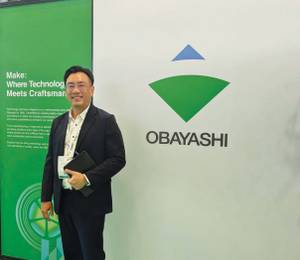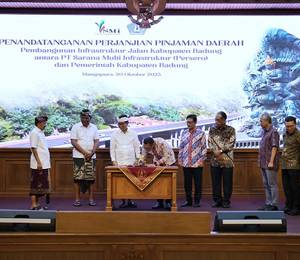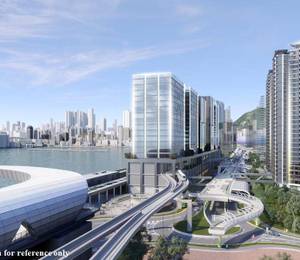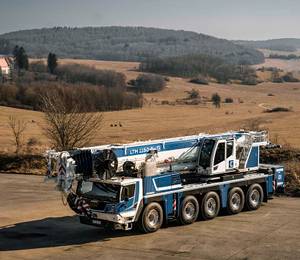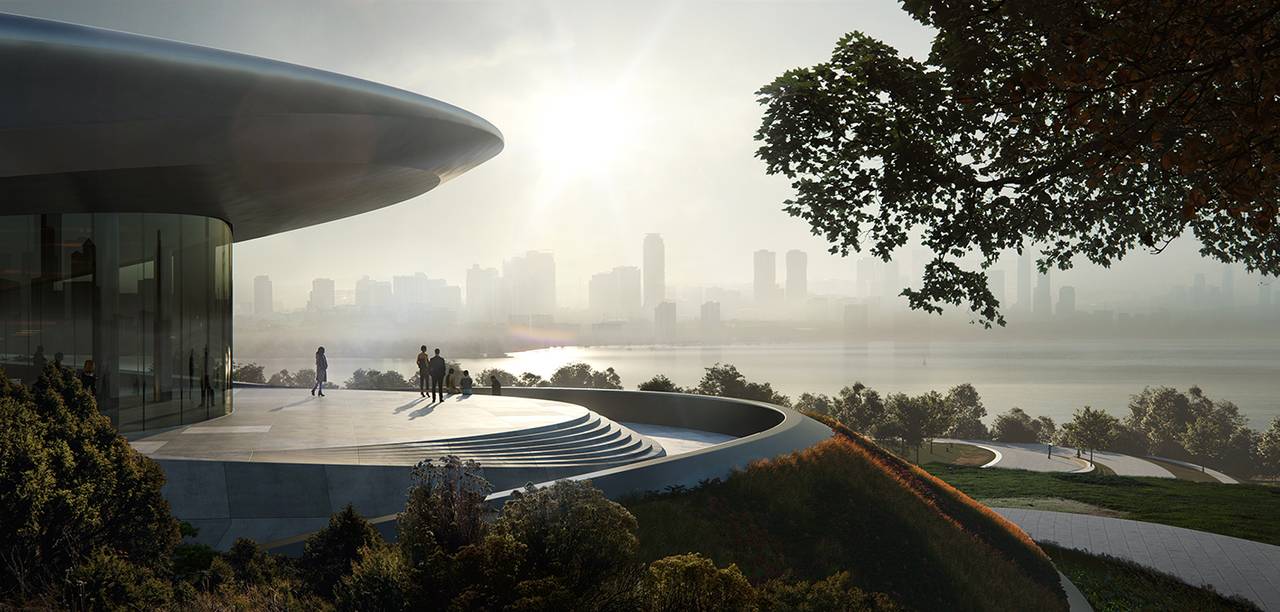Zaha Hadid Architects has announced that the Start-Up exhibition and conference centre, the first building within Chengdu’s Unicorn Island masterplan in China, is nearing completion.
With China’s economy evolving from traditional industries to internet and technology-based organisations, the country is now home to a third of the world’s technology start-ups valued at over a billion US dollars - termed ‘unicorn companies’.
Focusing on next- generation information technologies, intelligent manufacturing, digital entertainment and new energy, the Tianfu New Area in the south of Chengdu is being developed as an ecologically sustainable civic, business and residential centre for China’s technology and research sectors.
The 67-ha Unicorn Island masterplan by Zaha Hadid Architects within the Tianfu New Area aims to foster the continued growth of China’s digital economy, creating living and working environments for local and international companies.
A mixed-use masterplan for 70,000 researchers, office staff, residents and visitors, Unicorn Island has been designed to enhance the wellbeing of its community. According to Zaha Hadid Architects, the design is influenced by principles within the region’s historical natural engineering projects.
Unicorn Island’s parkland design incorporates green civic spaces, water conservation and enhanced connectivity to create its living and working environments.
Integrated clusters of buildings surround Unicorn Island’s central plaza and metro station; its radial masterplan enables the entire island to be accessed by a few minutes’ walk or bike ride.
Zaha Hadid Architects said that within new parklands bordering Xing Long Lake, Unicorn Island will incorporate natural water management systems and include innovations in urban farming technologies to provide residents, workers and visitors with fresh, locally-grown produce.
Image 1: Zaha Hadid Architects and Negativ.com
Image 2: MIR
